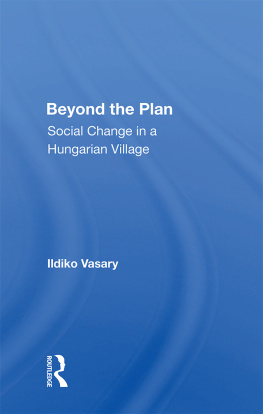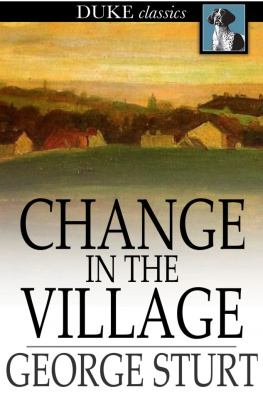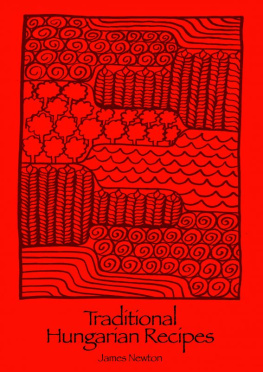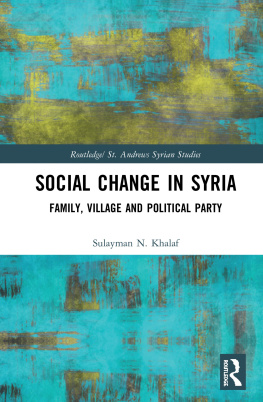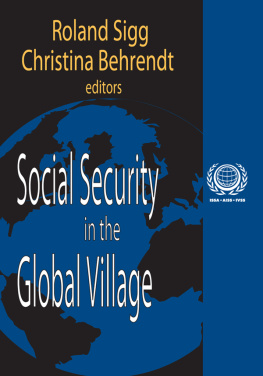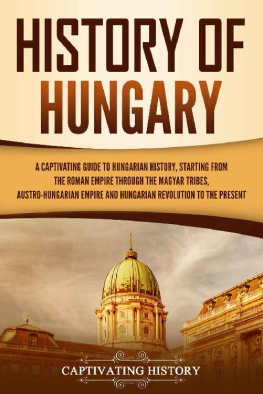Beyond the Plan
About the Book and Author
The aims of postwar Eastern Europe governments included, first and foremost, the restructuring and controlling of economic and social domains. Since 1945, planning in rural Hungary has been focused on the collectivization of agriculture. However, activities at the village level not only deflected the intended outcomes of government policies, but also generated new, innovative results. Families managed to redirect their efforts into a variety of job sectors and to forge essential ties with the industrial, non-agricultural job sectors. Labor withheld from the collectives was invested in plot farming, a development that proved of paramount importance to both the national and household economies. Today, most rural families continue to participate in more than one sector of production, making it difficult for the central government to design selective policies aimed at the "peasant."
The broadening of Hungary's interpretation and application of socialist principles was largely a result of the ways in which government plans were reinterpreted and reapplied at the local level. By examining agricultural changes in one Hungarian village, Dr. Vasary explores some of the possibilities and limitations inherent in collectivization.
Ildiko Vasary is a research Fellow at the University College of London.
Beyond the Plan
Social Change in a Hungarian Village
Ildiko Vasary
Westview Special Studies on the Soviet Union and Eastern Europe
First published 1987 by Westview Press, Inc.
Published 2018 by Routledge
52 Vanderbilt Avenue, New York, NY 10017
2 Park Square, Milton Park, Abingdon, Oxon OX14 4RN
Routledge is an imprint of the Taylor & Francis Group, an informa business
Copyright 1987 Taylor & Francis
All rights reserved. No part of this book may be reprinted or reproduced or utilised in any form or by any electronic, mechanical, or other means, now known or hereafter invented, including photocopying and recording, or in any information storage or retrieval system, without permission in writing from the publishers.
Notice:
Product or corporate names may be trademarks or registered trademarks, and are used only for identification and explanation without intent to infringe.
Library of Congress Catalog Card Number: 87-8219
ISBN: 978-0-813-37412-3
ISBN 13: 978-0-367-01406-3 (hbk)
For Tamas
Research in Hungary attracted me because of my intriguing relationship to that country. I am both an insider and an alien. I was not born there, nor had I lived in Hungary before the fieldwork visits, but by parentage, language and culture I belong there.
I chose the village of Pcsely for fieldwork for several reasons. Transdanubia has received somewhat less attention than more ethnographically colourful or remote regions of Hungary, so a study of contemporary life in one of its rural communities promised to be rewarding. I sought a village in which the major social categories typical of pre-war Hungary were represented and on this count Pcsely was admirably suited. More than a passing glance is needed to assess a village's character in Hungary today. Resettlement programmes, massive depopulation or other demographic movements have broken the continuity of development in many and they no longer appear as they did, say, forty years ago. Although not looking for a 'typical' village, I wanted to find a settlement in which the transition from traditional peasant existence to a socialist society and collectivized agriculture could be traced. Pcsely had the continuity I was looking for.
Although I expected to meet the traditional hospitality of Hungarian rural communities, long drawn out fieldwork needs more than a casual welcome. Distant kinship ties with some families in Pcsely helped to justify my presence there in the villagers' eyes and to allay initial suspicions. My interest in piecing together the history of the village legitimized my inquiries and ensured the friendly cooperation of both ordinary villagers and local officials. I eventually completed thirteen months of fieldwork in Pcsely in three-month long stays between April 1978 and October 1981, followed by shorter visits.
Pcsely has about 600 inhabitants, and I was able to get personally acquainted with most and develop close friendships with many. My research was based on participant observation, informal interviews and gathering information on many facets of everyday life in the village. Census data collection, index card making for each family, etc. served to organize more casual observations and experiences. Fieldwork was complemented by research into the written sources found in the village such as an unusually complete set of church registers, records of the local council and the collective of production. Documentary research was also carried out in the Zala County Archives and Land Registry of Fred. More general statistical information was collected from the Statistical office's Library in Budapest.
The nature of the material presented made it unnecessary to conceal identities, but, to avoid identification through quotations or references of a more personal nature, subjects are marked by initials or first names alone. Proper names have been written in the English manner, with Christian name first.
It was not possible to use a uniform measure of land throughout this work. Earlier sources give measurements in cadastral holds , and statistical categorizations are based on this. Since 1945, hectares have been more commonly used. Rather than tamper with the tables, I have given them as found with keys for conversion where appropriate.
Ildiko Vasary
I am indebted first and foremost to Rosemary Harris and Lszl pter for their guidance, advice and support through the fieldwork period and subsequent organization of the material that forms the basis of this book. I owe thanks to the Hungarian Ethnographic institute and in particular to Tibor Bodrogi for providing all the assistance I needed, both practical and academic. I am grateful to Caroline Humphrey for reading and commenting on portions of this work.
I am grateful to Jzsa Tivadar, medical doctor in Pcsely and dedicated observer of the life and history of the community, for sharing with me his insights generously. I also thank istvin Kocsis, pastor, and Gyula Henn, council president, for their friendly cooperation and assistance.
During the fieldwork period I was generously supported by a grant from the Social Science Research Council.
I also wish to thank the villagers of Pcsely for their trust, patience and friendly support.
Finally, I thank my husband, Tamas, who made it all possible.
I. V.
Over the past four decades Hungary has been transformed, through fundamental political and social changes, into a socialist state committed to industrialization. Until 1945 the Hungarian economy was mainly agricultural and its society was riddled with material and social inequalities. The impact of post-war changes was perhaps experienced more than anywhere else in the rural communities.
Collectivization of agriculture has effectively brought an end to the peasantry as a social class. Through collectivization, traditional farms previously controlled and worked by individual families are brought together into larger units, to be worked and managed by members who share profits in proportion to their contributions in labour and land. Since 1960, the number of individual peasant farms in Hungary has dwindled into insignificance, concluding a ten-year campaign of collectivization.


